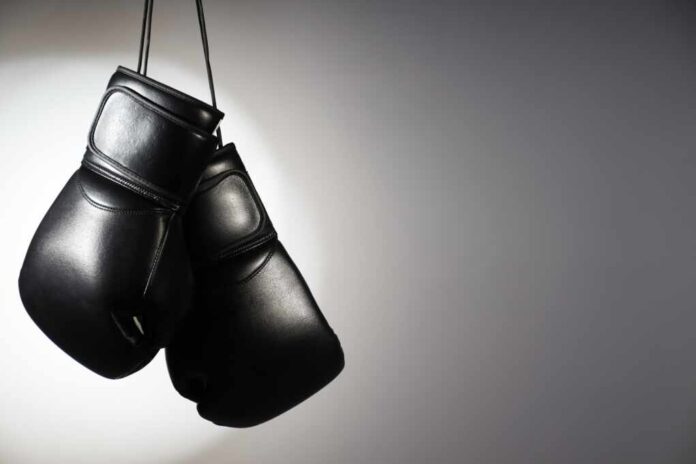
Two fighters dying after the same boxing event has triggered swift rule changes abroad—and a hard look at whether regulators did enough to protect athletes.
Story Snapshot
- Two Japanese boxers, both 28, died days after separate bouts on the same Tokyo card from acute subdural hematomas.
- Japan’s boxing regulator cut OPBF title fights from 12 to 10 rounds and launched an investigation with crisis meetings.
- Medical experts stress the lethality of subdural bleeds and the need for rapid recognition and post-fight monitoring.
- International bodies may reassess bout length and ringside protocols as a risk-control case study.
What happened in Tokyo and why it matters
Shigetoshi Kotari completed 12 rounds against Yamato Hata on August 2 at Tokyo’s Korakuen Hall, collapsed afterward, underwent emergency surgery for an acute subdural hematoma, and died on August 8. Hiromasa Urakawa was stopped in the eighth round by Yoji Saito that same night, required a craniotomy for a similar injury, and died on August 9, announced publicly August 10. The World Boxing Organization issued condolences acknowledging both deaths from the same event.
The Japan Boxing Commission (JBC) responded by reducing OPBF title fights from 12 to 10 rounds and opening a formal investigation, with crisis meetings planned to review safety measures. JBC leadership stated it would take “whatever measures” are possible, signaling broader reforms under consideration. Local coverage described the clustering of two neurosurgical emergencies from one card as unprecedented in Japan, intensifying scrutiny of bout length and medical oversight.
Two Japanese boxers die after brain injuries at same Tokyo event
READ: https://t.co/n1J64Pujjt | @PhilstarNews #boxing
— Philstar Sports Hub (@StarSportsHub) August 11, 2025
What regulators changed and what could come next
The immediate policy shift curtailed exposure by trimming OPBF title bouts to 10 rounds, a lever regulators can control quickly. Crisis sessions will evaluate ringside staffing, pre-fight screenings, concussion assessment, and post-fight observation, especially for athletes who finish long fights before deteriorating. International commissions could cite the Tokyo cases when reassessing round limits, stoppage criteria, mandatory imaging, ambulance protocols, and neurosurgical readiness to reduce catastrophic brain injury risk at events.
Stakeholders now face operational tradeoffs as reforms advance. Promoters may adjust pacing, broadcast windows, and insurance to absorb heightened medical standards. Gyms and families seek answers on whether triage and monitoring met best practices, while sanctioning bodies balance competitive integrity with safety interventions. The JBC’s quick action suggests lasting changes are possible, but final measures await investigative findings. Limited data beyond initial statements constrains definitive judgments on specific gaps.
Watch: Japan: Two Japanese Boxers Die from Brain Injuries at Same Event | WION
Medical reality: why subdural hematomas are so deadly
Subdural hematoma—bleeding between the brain and its outer covering—can progress rapidly and demands immediate neurosurgical care. Both fighters required skull-opening procedures, underscoring the severity and time sensitivity. Medical commentary frames two fatalities on a single card as extraordinarily rare and a warning about cumulative head trauma, delayed neurological decline after final bells, and the importance of structured post-fight monitoring even when athletes appear stable as they leave the ring.
Broader implications reach beyond Japan’s scene. Domestic boxing booms increase event frequency and visibility, magnifying the impact of safety lapses and prompting regulators to benchmark against international best practices. Shortening certain title bouts, standardizing imaging and observation for longer fights, and tightening medical suspensions after head trauma are among potential long-term reforms. As investigations proceed, transparent data on traumatic brain injuries and medical suspensions will help quantify risk and guide evidence-based policy.
Sources:
Two Japanese boxers die after brain injuries at same Tokyo event
Japan: Two boxers die from brain injuries at Tokyo event
Japan Boxing Commission to hold crisis meeting after deaths of Hiromasa Urakawa and Shigetoshi Kotari
Two Japanese boxers die of brain injuries suffered on same fight card

























